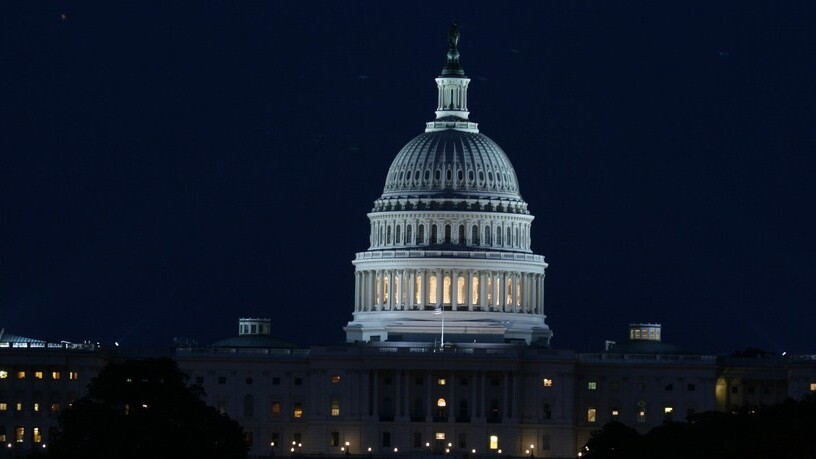
As it turns out, it’s corporate finance day on TNW, so get your party hat, square of cake, and take a seat.
A new report in the Wall Street Journal highlights a very important component of the Jumpstart Our Business Startups Act (JOBS Act) that has thus far escaped most notice. The part of the law in question would allow companies to file a draft application to go public, that could be kept private, before its public filing.
The moment of filing is often when the doors to a company’s finances are first thrown open to the public, causing a great scurrying of examination. Once filed, the company works with the SEC, and moves forward. However, the JOBS Act would allow a firm to discuss its filing documents with the SEC before the public, potentially ironing flat any wrinkles. This, in the eyes of some, limits the flow of information to the investing public.
Groupon, a company that is in the news this morning, had some very public squabbles with the SEC over its IPO filing, and its accounting practices. It is conceivable that the company, under the rules of the JOBS Act, could have had those discussions, and made the tweaks that it did, outside of the public’s eye, thus making its final filing more attractive.
They could have made the sausage in the dark, only flipping on the lights when it was done, in other words.
Obviously, this has some people up in a dither. Limiting the amount of information that is made available, or even delaying it, is anathema to some who view the IPO market as something that should be glasslike in its transparency. Giving the SEC backroom privileges with firms is something that does not line up with such a perspective.
TNW has written in favor of the JOBS Act previously, stating the following as our larger take on the bill:
The caps that are in place in regards to what individuals can invest will limit exposure. The caps that change what sort of business need report what, and the number of investors a firm can attract before going public, are generous. Which is to be expected, as the bill is aiming for leeway.
The question then becomes, are the investor protections sufficient to make the newly loosened regulations safe? The answer, in TNW’s estimation, is a resounding ‘usually.’ Investing is a dangerous, expensive, and risk-fuled business. Those who partake in its activities incur its potentials, both good and bad.
A close reading of the bill, and the argument for and against its passage, has led me to, despite reservations, check the box labeled yes. Better to take the risk, we feel, within reason, than to stifle the process and prevent growth.
That in hand, this specific issue is troubling. The dance between the SEC and the fresh-faced company looking to go public is a critical dialogue, as it demonstrates a company’s financial culture; it was a harbinger of Groupon’s later troubles, for example. By taking away this specific step, the public unveiling of an unvarnished S-1 filing, something material is being removed from the process of going public. If you can’t hack it in public, you probably aren’t ready to go public.
However, the bill is likely to be signed into law shortly, this piece included. Keep that in mind when you see future S-1 documents. They might be wearing makeup.
Get the TNW newsletter
Get the most important tech news in your inbox each week.




